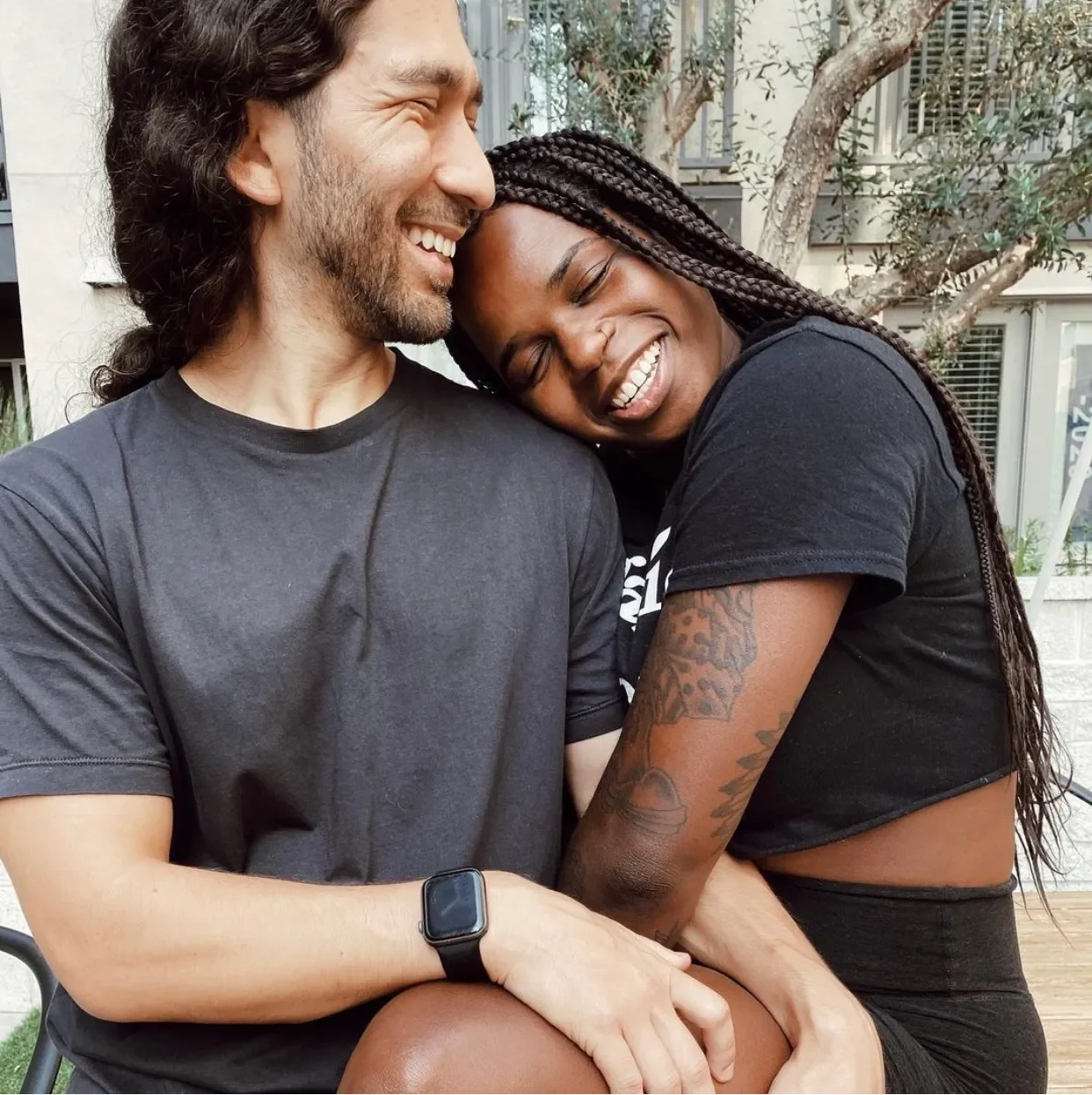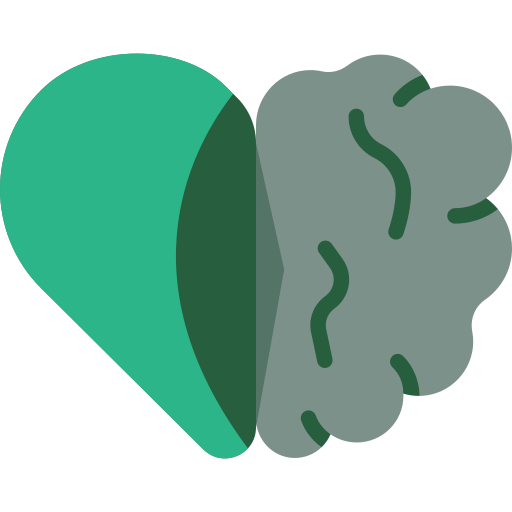Neurodiverse Couples
Neurodiverse couples are those in which one or both partners have a neurodivergent profile – ADHD, autism or both.
In some relationships, one partner may have an ADHD profile while the other has an autism profile. In others, one partner may be neurotypical while the other is autistic. There are many variations of neurodiverse couples, and each brings its own unique dynamics. Regardless of the combination, these couples can experience challenges that might be less common in relationships where both partners are neurotypical.
Common Challenges in Neurodiverse Relationships
Need Support?
-
Together we can identify obstacles that may stem from neurological differences. It is important to differentiate our partner’s and our own motivations and behaviors that are not intentional.
-
After identifying challenges that are neurologically rooted, we can then work educate, understand, and reframe the differing ways of communication through a neurological framework.
-
Sometimes, years of conflict and miscommunication leave deep wounds that take time to heal. In a safe space, we can gently work through the pain and grow with a new understanding of the relationship.
-
Through collaboration, we will create practical strategies and develop both you and your partner’s skills. Our ultimate goal is to reduce misunderstandings and deepen your connection.
Katherine Sciacca is currently in the processing of getting certified to work with neurodiverse couples through Association for Autism and Neurodiversity (AANE).











